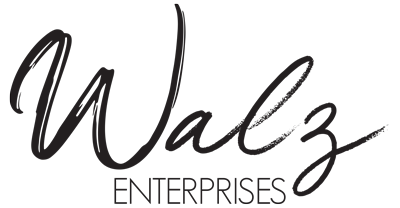When selecting a commercial cleaning company for your office, hospital, school, place of worship or government facility, look for commercial cleaners that improve the cleanliness of your space and don’t damage it. Unfortunately, inexperienced or untrained commercial cleaning companies can do more harm than good by using unsafe chemicals, untried processes and unhygienic procedures.
When commercial cleaners make mistakes, they can do damage that jeopardizes the health and safety of your employees and customers or leaves physical damage in your space.
Here are some of the hazards from using untrained or unprofessional commercial cleaners:
- Use of improper cleaning chemicals.
Make sure your commercial cleaner uses chemicals that are safe to humans and safe to the environment. Certain cleaning products can cause allergic reactions, eye or skin irritation, or damage to lungs. Ask your cleaners to avoid cleaning products with volatile organic compounds (VOCs), anti-microbiomes and chlorine bleach.
The list of problem chemicals is constantly growing. New research has found that employees may be allergic to artificial scents, parabens that harm reproductive systems and QUATS (found in fabric softeners) that cause respiratory issues.
- Incomplete or careless cleaning.
If your commercial cleaner is sloppy and not thorough, germs and other pathogens can take root and create breeding grounds for bacteria that lead to colds, flu, illnesses, workplace injuries and employee absenteeism, plus higher healthcare costs. In addition, the buildup of dust and pollen increases allergy symptoms and puts off customers. Commercial cleaners that don’t clean each keyboard, mouse and phone are missing the three dirtiest items in an average workspace and the top three sources of harmful germs.
- Doing it wrong.
When a commercial cleaner uses the wrong cleaning process or cleaning agent, more damage than good is accomplished. For example, if a wooden floor is not compatible with the cleaning or polishing agent, or the wrong amounts of cleaning agent or wax are applied, the floor can become sticky or ultra-slippery, leading to possible injuries.
Other commercial cleaning companies may use supplies that have not been properly stored. Their use may be ineffective or may cause streaking.
The list of common mistakes from commercial cleaners who have not been professionally trained also includes:
- Avoiding areas that appear to be clean. Avoidance may not create sightly dirt, but bacteria will build up unchecked.
- Damaging carpet fibers by over-scrubbing, making them more able to attract dirt.
- Using a vacuum to clean desktops, which spreads germs instead of disinfecting.
- Using a general-purpose cleaner instead of a surface-specific cleaner. Granite, glass, wood and fabrics require very specific cleaning solutions.
- Missing surfaces with the most germs: handrails, doorknobs, elevator buttons and phones.
- Not emptying ALL the trash regularly to prevent the buildup and spread of bacteria and microorganisms.
Selecting a competent commercial cleaner is more important than ever
Selecting the right cleaner has never been more important. New research shows that 83% of businesses want to clean their facilities more often and 73% of workers want their workplaces cleaned daily—and thoroughly!
To avoid hiring an inexperienced (or even incompetent) commercial cleaner, follow these recommendations:
- Interview the owner and ask for references.
- Make sure the company carries liability insurance.
- Ask for details about their cleaning processes.
- Determine if they use green or otherwise safe cleaning products.

